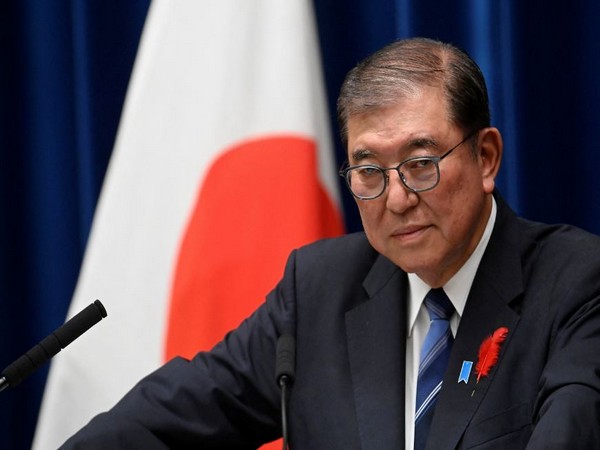East Asian Leaders Forge Stronger Ties Amid Changing Geopolitical Landscape
Japanese Prime Minister Shigeru Ishiba and South Korean President Lee Jae Myung pledged stronger security and economic ties. Their discussion focused on regional security, North Korean threats, and deeper U.S. engagement. Relations have strained over historical grievances, but both leaders stress cooperation in defense and trade amid a shifting global power balance.

In a significant diplomatic meeting on Saturday, Japanese Prime Minister Shigeru Ishiba and South Korean President Lee Jae Myung agreed to enhance security and economic relations. The talks in Tokyo precede Lee's upcoming summit with U.S. President Donald Trump, focusing on regional stability and shared concerns.
The two leaders underscored the growing importance of trilateral cooperation with the United States, amidst an increasingly severe strategic environment. Ishiba and Lee committed to various collaborative initiatives, including defense, economic security, and artificial intelligence, while addressing the enduring North Korean nuclear threat.
Despite historical tensions rooted in Japan's colonial past, both leaders emphasized the necessity of cooperation. With U.S. support pivotal against China's regional influence, the meeting marks a step towards creating a virtuous cycle of improved South Korea-Japan relations, bolstered by mutual interests in trade and regional security.










